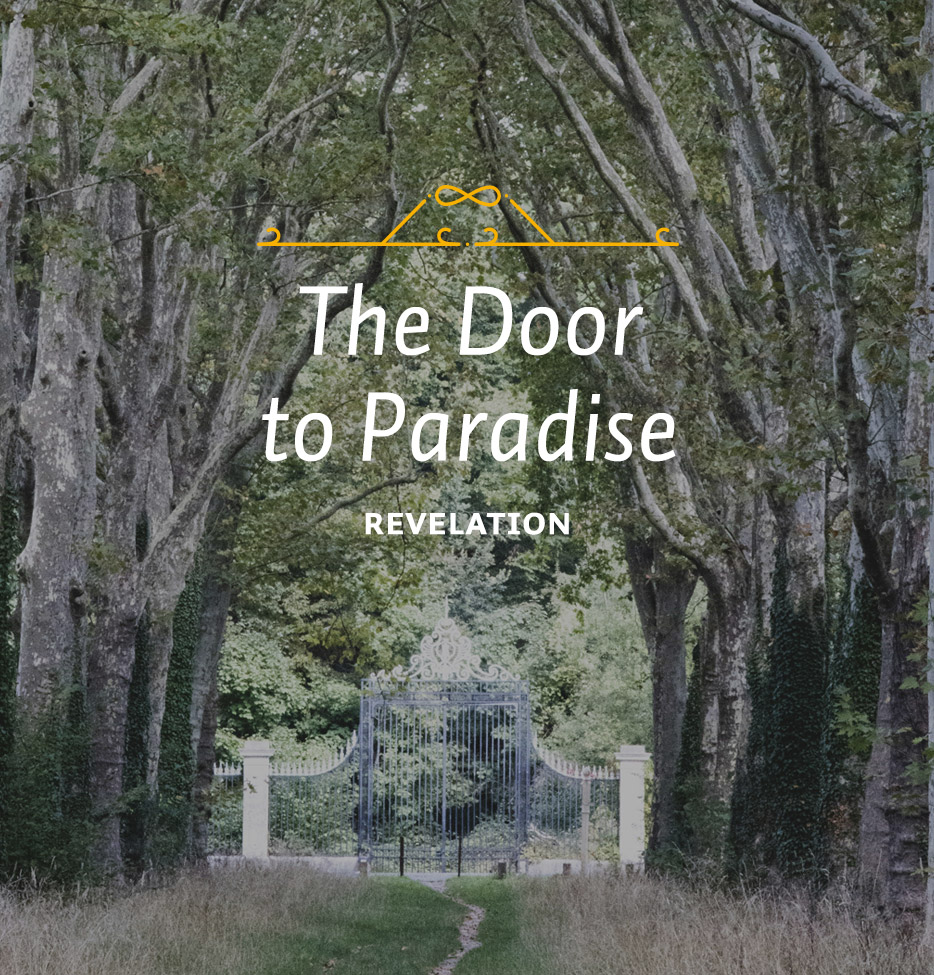The idea for this particular evening Easter sermon came from this year’s PCRT conferences, the first of which was held just a number of weeks ago. This year’s conference theme dealt in part with the subject of an earthly Utopia, which concerns mankind’s quest to attempt to bring about a perfectly functioning society, and how this quest has influenced western thought. Borrowing from themes in George Orwell’s futuristic novel 1984, the conference attempted to assess and critique these ideas from a Christian view of history and where it is going.
When you talk about Utopias biblically, you find that there are two. There is a Utopia in the early pages of the Word of God, the Garden of Eden, and there is a Utopia at the end in the book of Revelation. The one at the beginning we have lost and can never go back to; the one in Revelation is before us, which we can enter, but the way in which we are to enter is by the cross and the resurrection of the Lord Jesus Christ.
I just want to briefly say why I think that’s significant. Look back at that beautiful picture of Adam and Eve in the garden and what God did there. If ever there was a perfect world, that was it. It’s a perfect place. At the very beginning of Genesis, the account of creation is very brief. It doesn’t elaborate on the details of the days of creation we would like to know. But when the Bible begins to talk about Eden, it describes it at length, including the rivers flowing through it, where they go, and the valuable elements such as gold that are found there. The emphasis of course is upon Eden as a place—a real place, a perfect place—created by God. And it’s meant to make us realize that when God does something, He does it well; He does all things well, and God, who most certainly cares for His creatures, provided a perfect place for them in this original setting.
It not only describes a prefect place, it describes a perfect man. We have never seen a perfect man; everybody we see is far from perfect. And yet here in the Garden of Eden, God created one that was in His image, was like Him in having aspects of personality, who had a sense of morality, who was made a spiritual being, made for communion with God. Furthermore, this man was made holy in every aspect of his being. One of the great problems of those early chapters of Genesis is how a person like this—made like God, in His image, holy, without the least propensity toward evil—could nevertheless sin. We don’t understand how that could happen. But regardless of what we understand or how people have attempted to explain it, what we are told is that in his original condition this man that God made in His image was made perfect.






